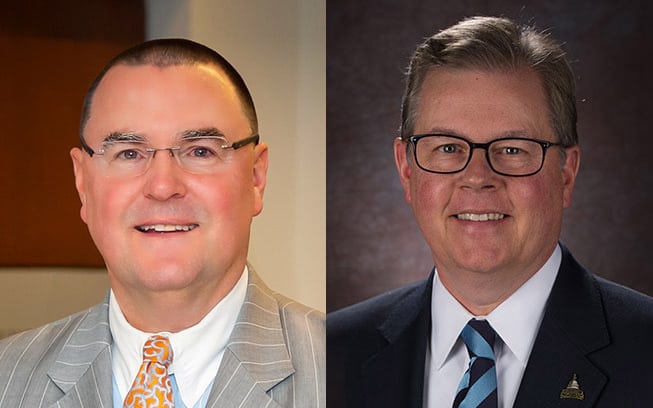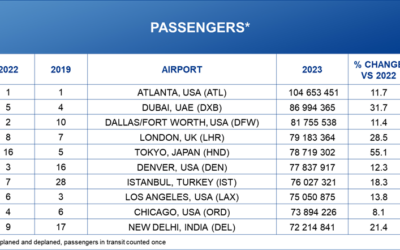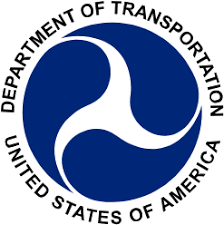Airport directors and lobbyists have been planning for months to descend on Washington, D.C., on July 20 and 21 in what’s being called the Summer Fly-In to lobby Congress regarding the need for an increase in the cap on passenger facility charges.
They’ll still do so, but their meetings with lawmakers now include another goal: ensuring that any necessary extension to the current Federal Aviation Administration funding bill be at least a year in length.
The likelihood of a temporary extension increased earlier this month when U.S. House Republican leaders opted to delay introducing their version of an FAA reauthorization bill until at least September. Industry sources say that with the current bill expiring Sept. 30 and just a couple of handfuls of days in that month that Congress will be in session, it is increasingly likely an extension will be necessary.
Todd Hauptli, president and CEO of the American Association of Airport Executives, says he’s heard from the FAA that anything less than a six-month extension of the existing bill could stop grant money from flowing, hurting airports that need to do capital improvement projects.
“It will be important from an airport perspective that whatever extension comes, it be long enough in duration to ensure that the FAA will be able to issue grants and that we do not jeopardize a construction season,” he says.
Although industry officials will have the extension on their minds when they meet with Congressional leaders, they also still will be continuing their push for an increase on the PFC cap.
“The Summer Fly-In presents airport directors with a great opportunity to share their industry priorities – namely, modernizing the locally set passenger facility charge and maintaining the Airport Improvement Program – directly with elected officials,” says Kevin Burke, president and CEO of ACI-NA. “With FAA reauthorization on the horizon, this fly-in may be the most important for airports to make their case with their elected officials. It’s critical to ensure that any transformational plan provides a reliable, sustainable, user-fee-based system for airport funding.”
ACI-NA and AAAE have been working together to establish a coalition of organizations besides airports that support increasing the PFC cap, which has not changed since 2000.
The current bill was passed in 2012 after 23 temporary extensions of the previous bill, which was originally scheduled to expire in 2009. Debate during that reauthorization effort also included a two-week partial shutdown of the FAA in 2011.
There has been a consensus among many stakeholders that the next FAA bill should include “transformational” change in a number of areas, including the way airport infrastructure projects are funded. Airport industry officials, including leaders at ACI-NA and AAAE, have been calling for an increase in the passenger facility charge from $4.50 to $8.50. Airline industry lobbyists strenuously oppose any increase to the PFC.
Among other proposals expected to be in the House bill was one privatizing the nation’s air traffic control system. Supporters hope that move would speed up implementation of NextGen, which would transition the monitoring of airplane movement from World War II-era radar system to a GPS system expected to improve the efficiency of air travel.
Hauptli says he senses a more collective desire on the part of congressional leaders to create but adds that wanting to do so does not make it easier.
“We weren’t terribly surprised,” he says. “It’s very difficult to pull together transformational legislation and very challenging to get all parties involved to sign off and be comfortable.”






